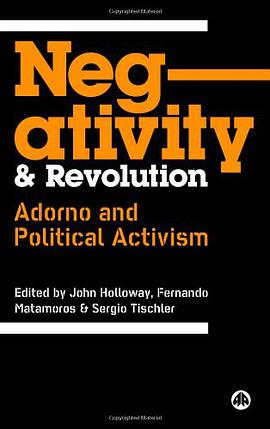

具体描述
This work addresses the question: How has the evolution of a legal regime within the United Nations and regional organisations influenced state behaviour regarding recognition of minority groups? The author assesses the implications of this regime for political theorists' account of multiculturalism. This research bridges a gap between normative questions in political theory on multiculturalism and the international law on minorities. It does so by means of case studies of legal challenges involving two groups, namely, the Aboriginal peoples of Canada, and the Roma peoples in Europe. The author concludes by discussing the normative implications of the minority regime for helping to resolve conflicts that arise out of state treatment of minority groups.
作者简介
目录信息
读后感
评分
评分
评分
评分
用户评价
相关图书
本站所有内容均为互联网搜索引擎提供的公开搜索信息,本站不存储任何数据与内容,任何内容与数据均与本站无关,如有需要请联系相关搜索引擎包括但不限于百度,google,bing,sogou 等
© 2026 book.wenda123.org All Rights Reserved. 图书目录大全 版权所有




















